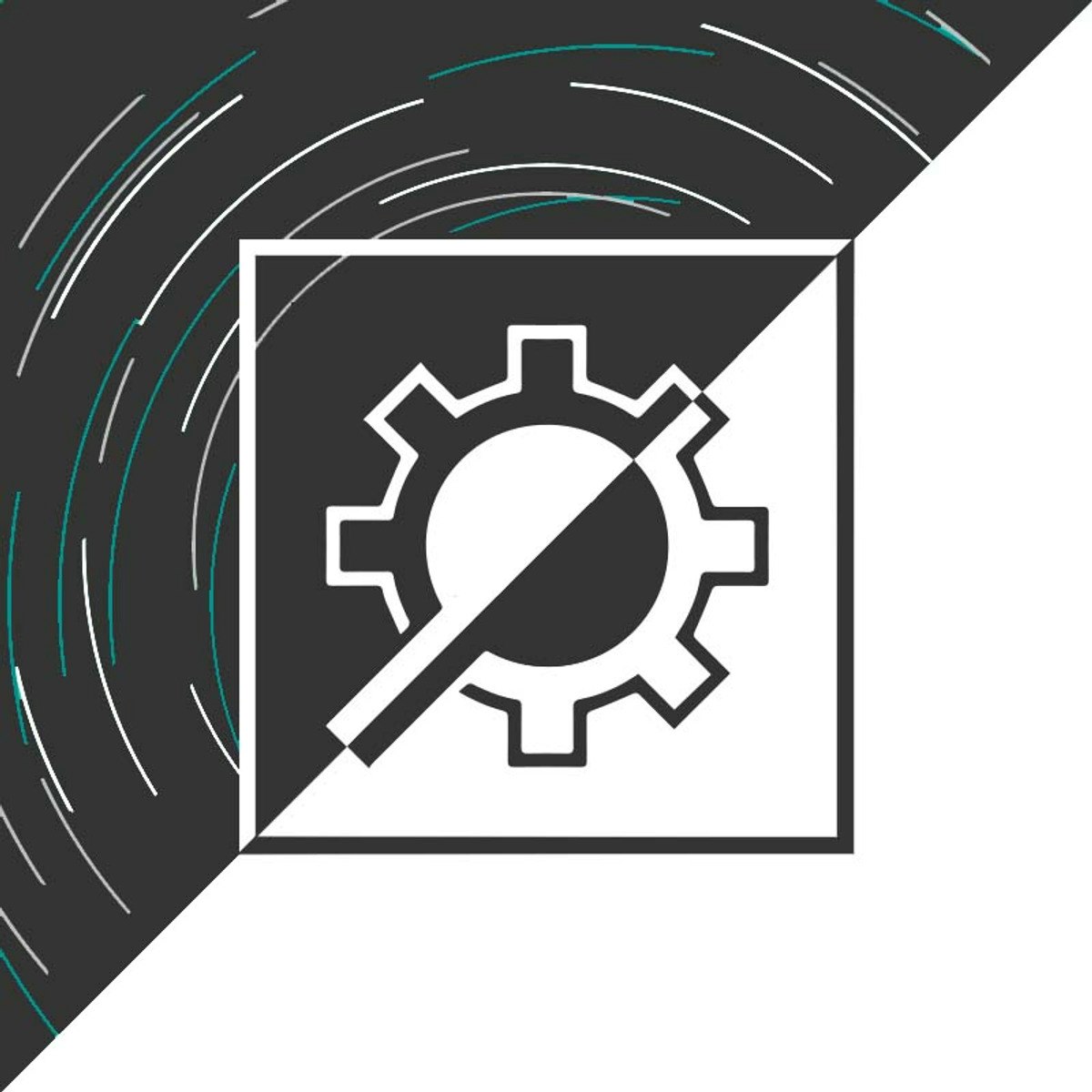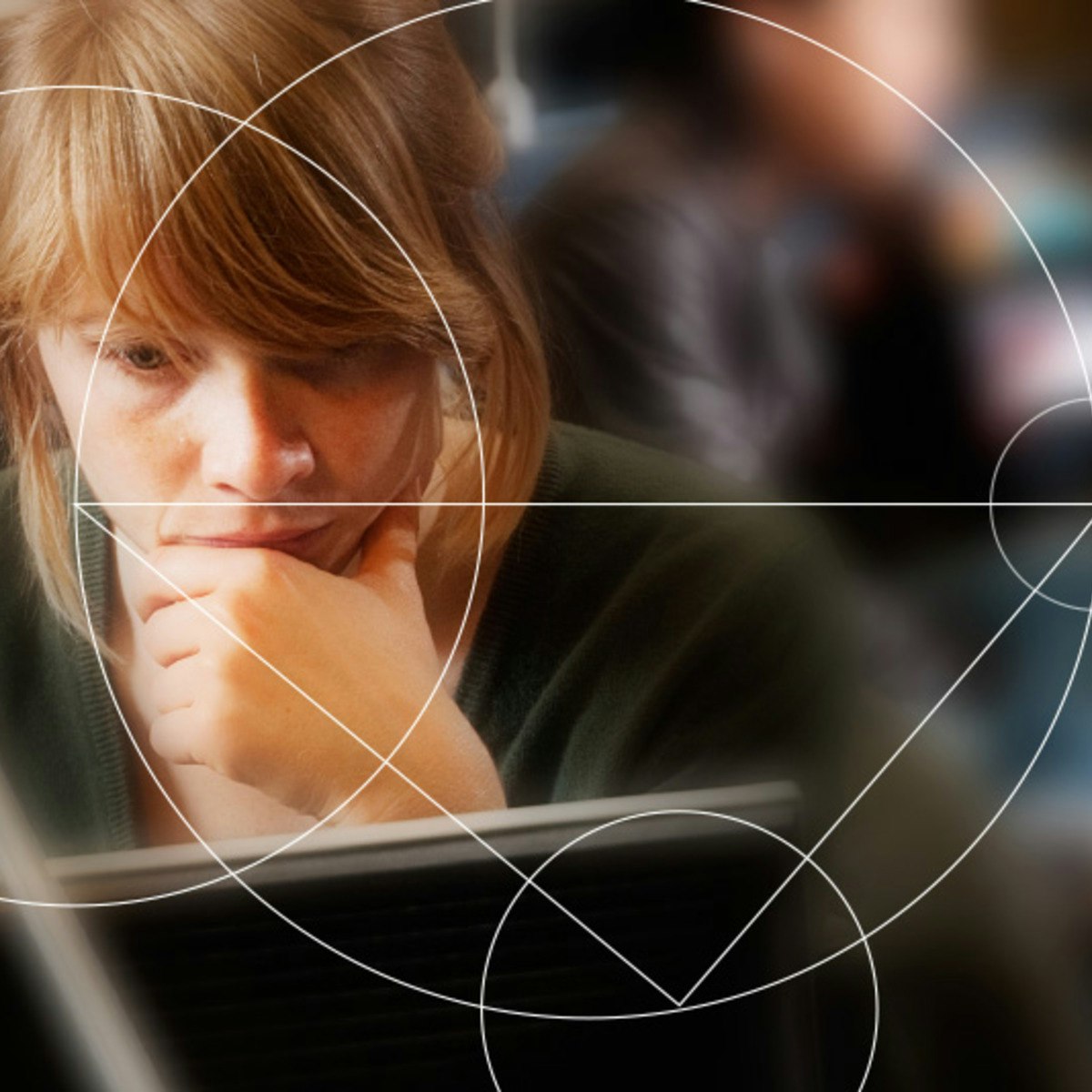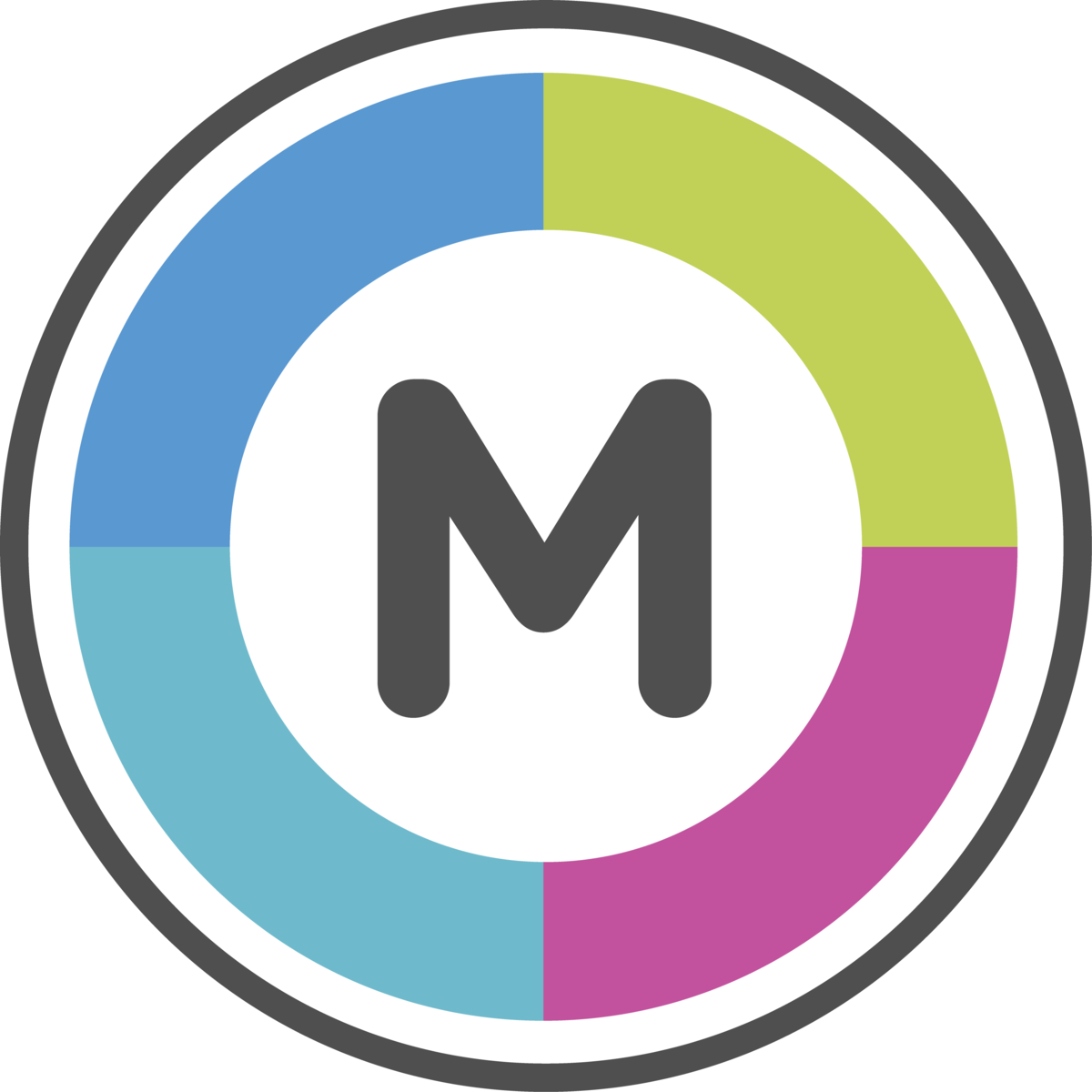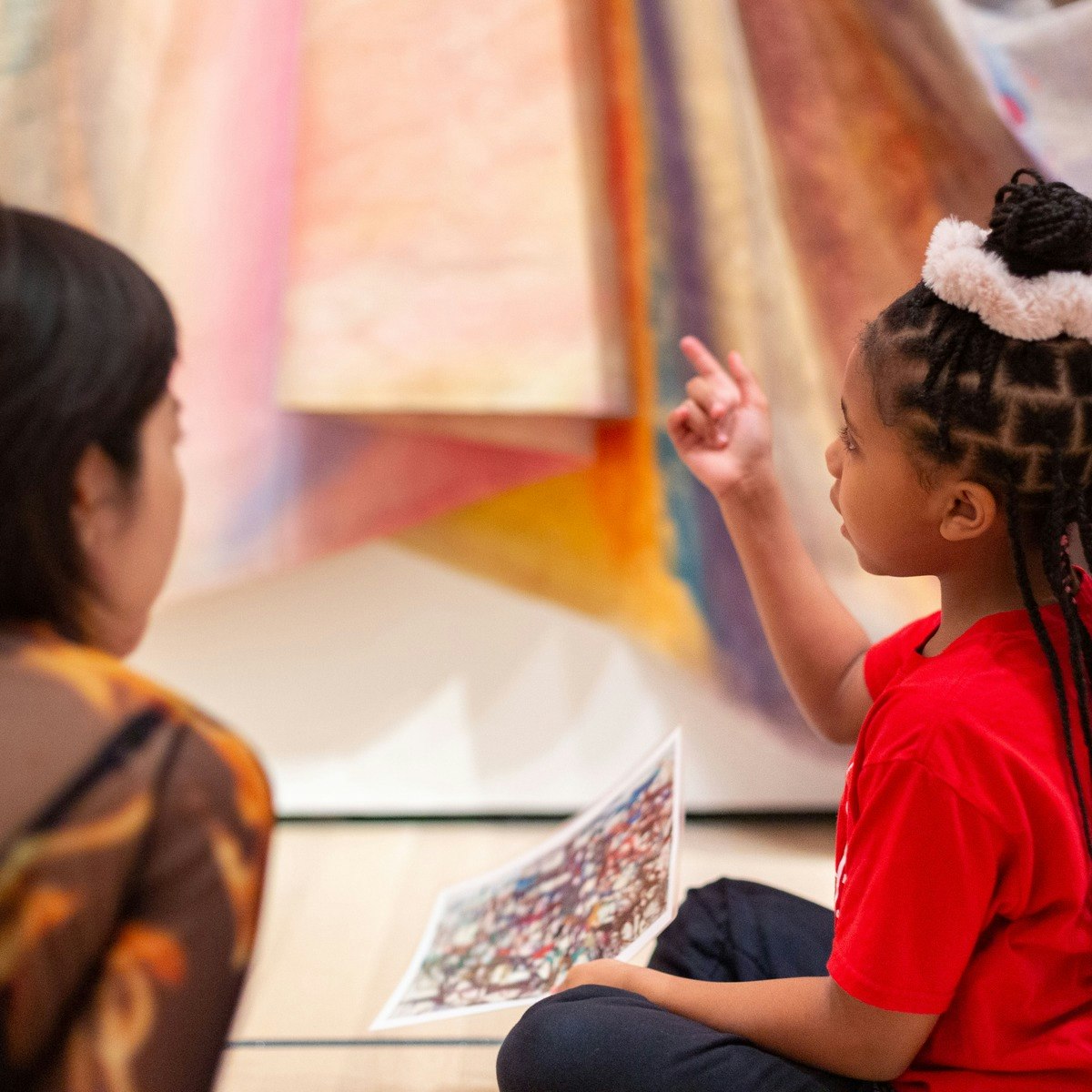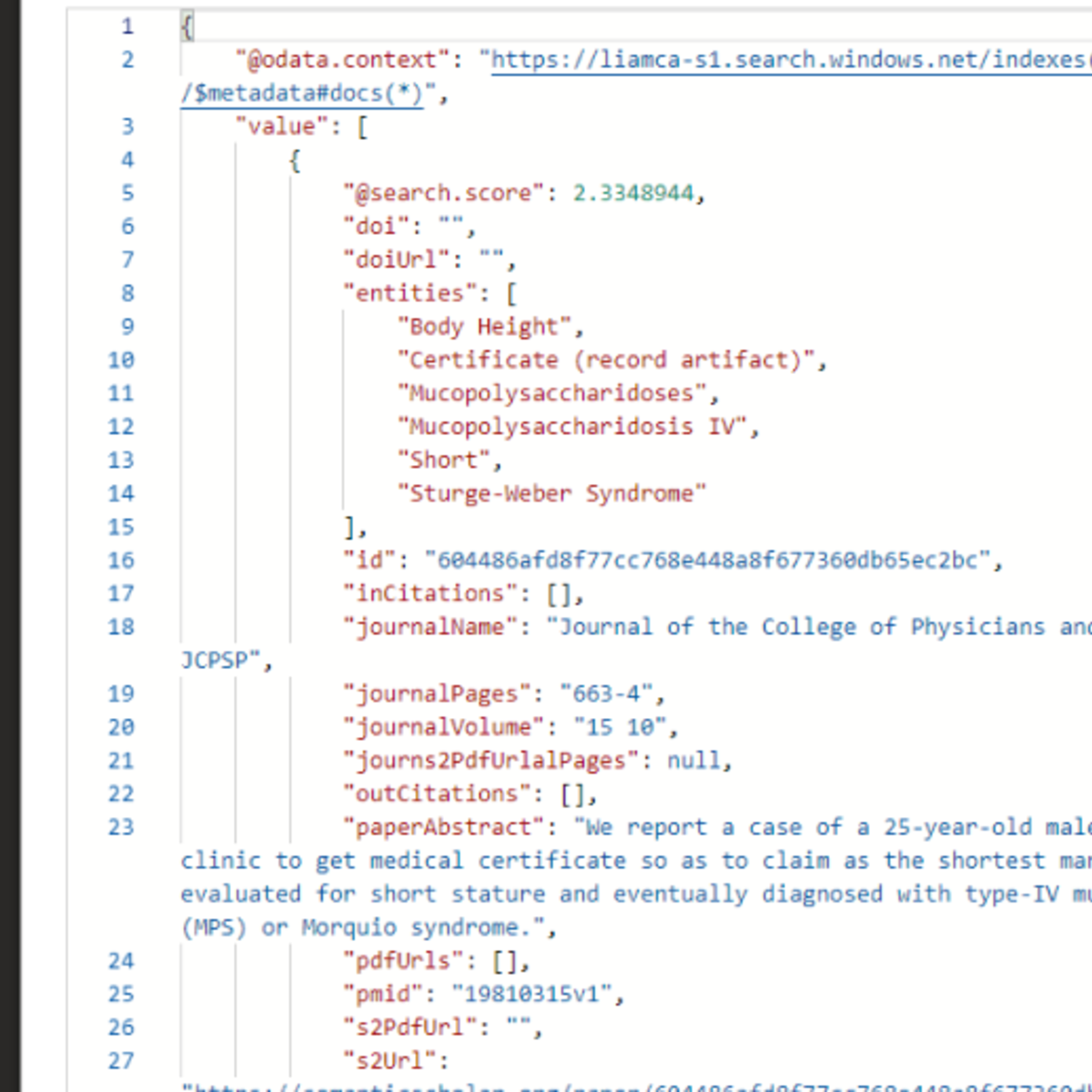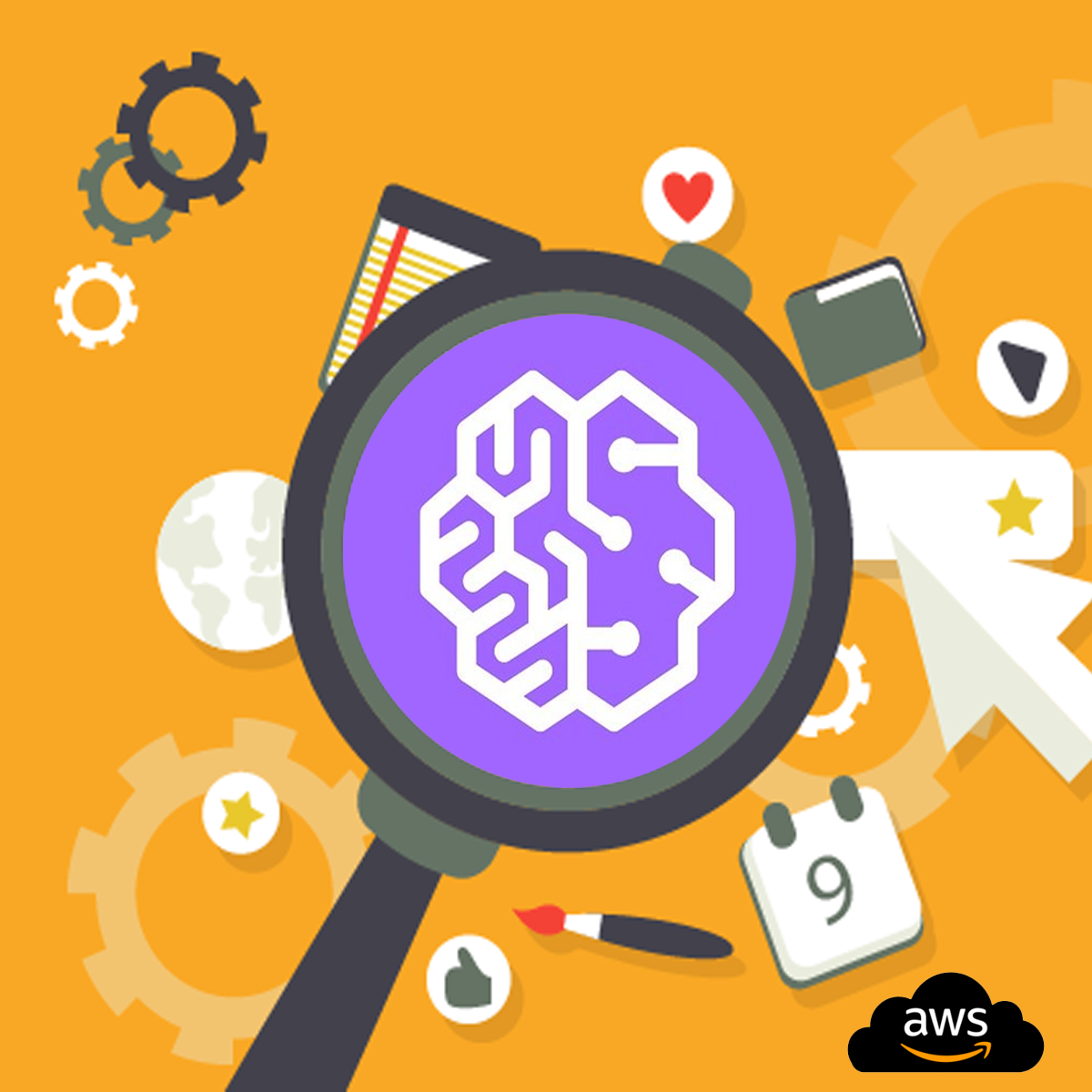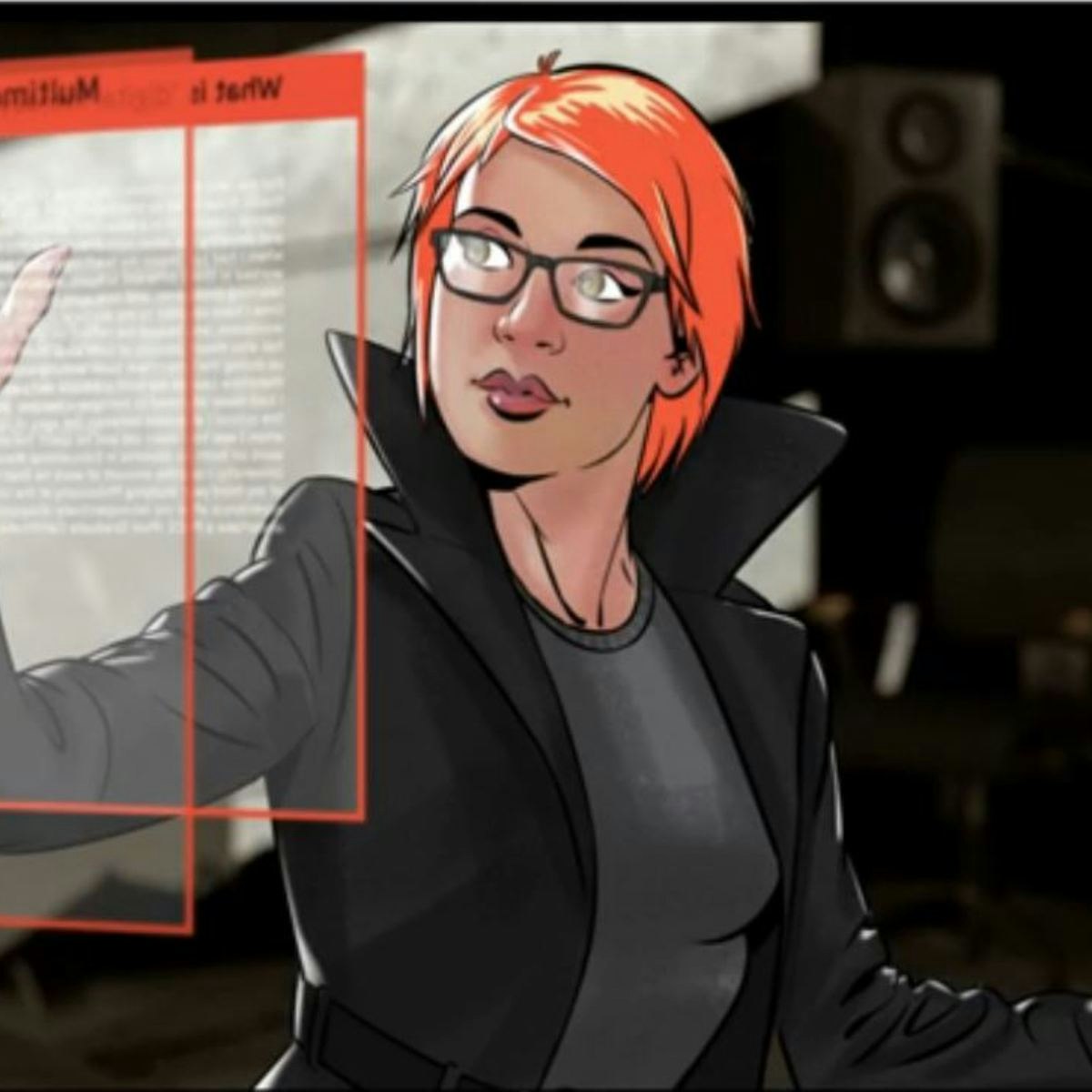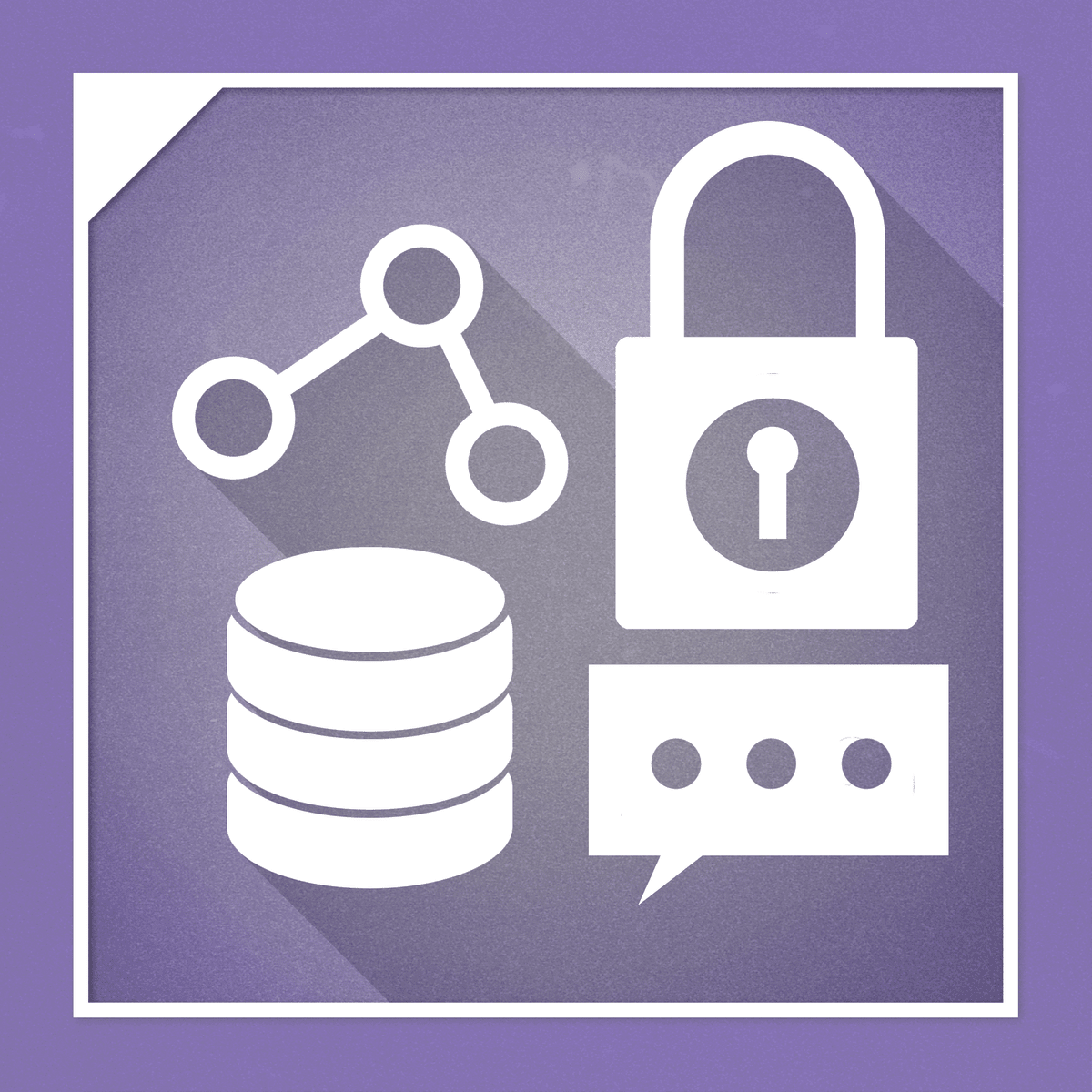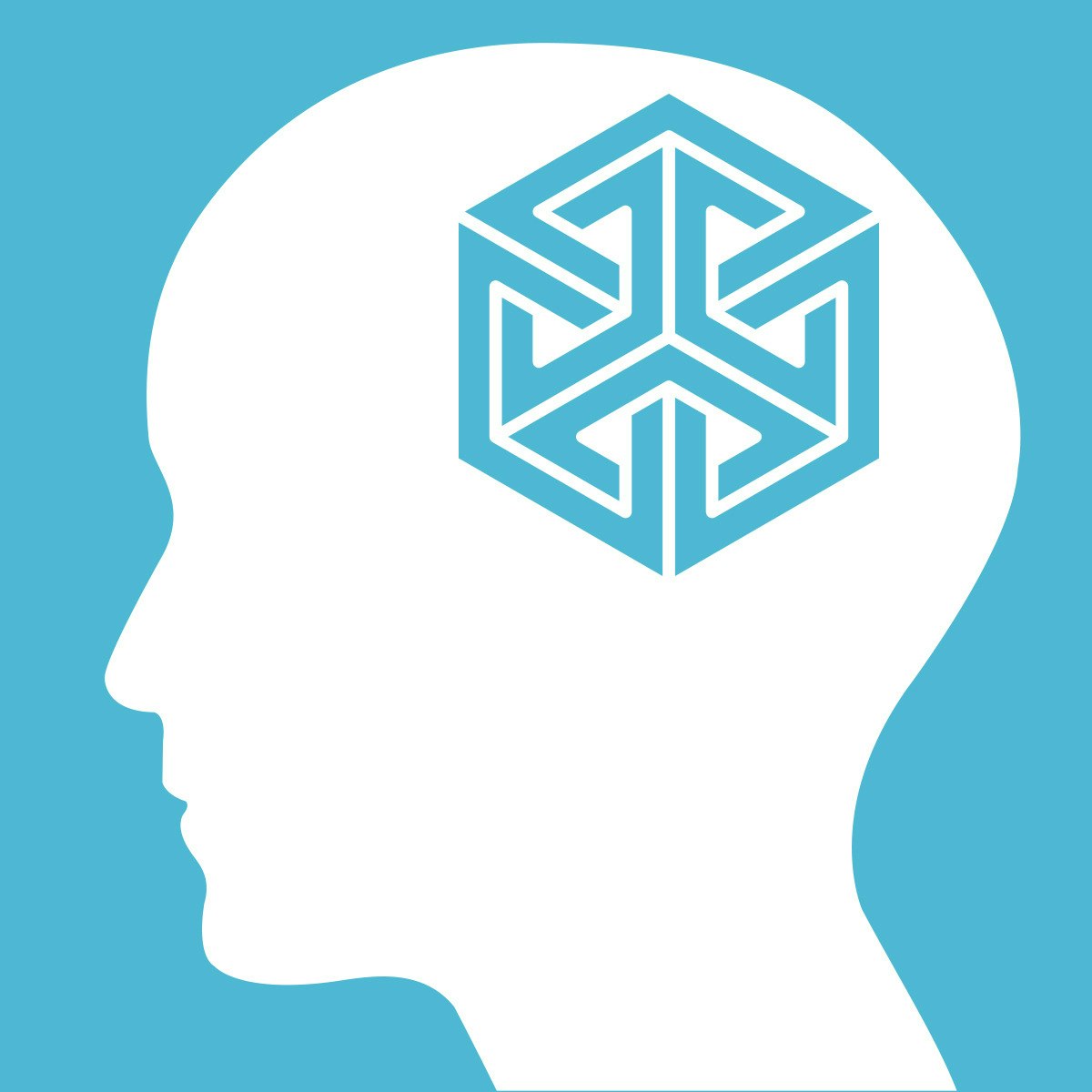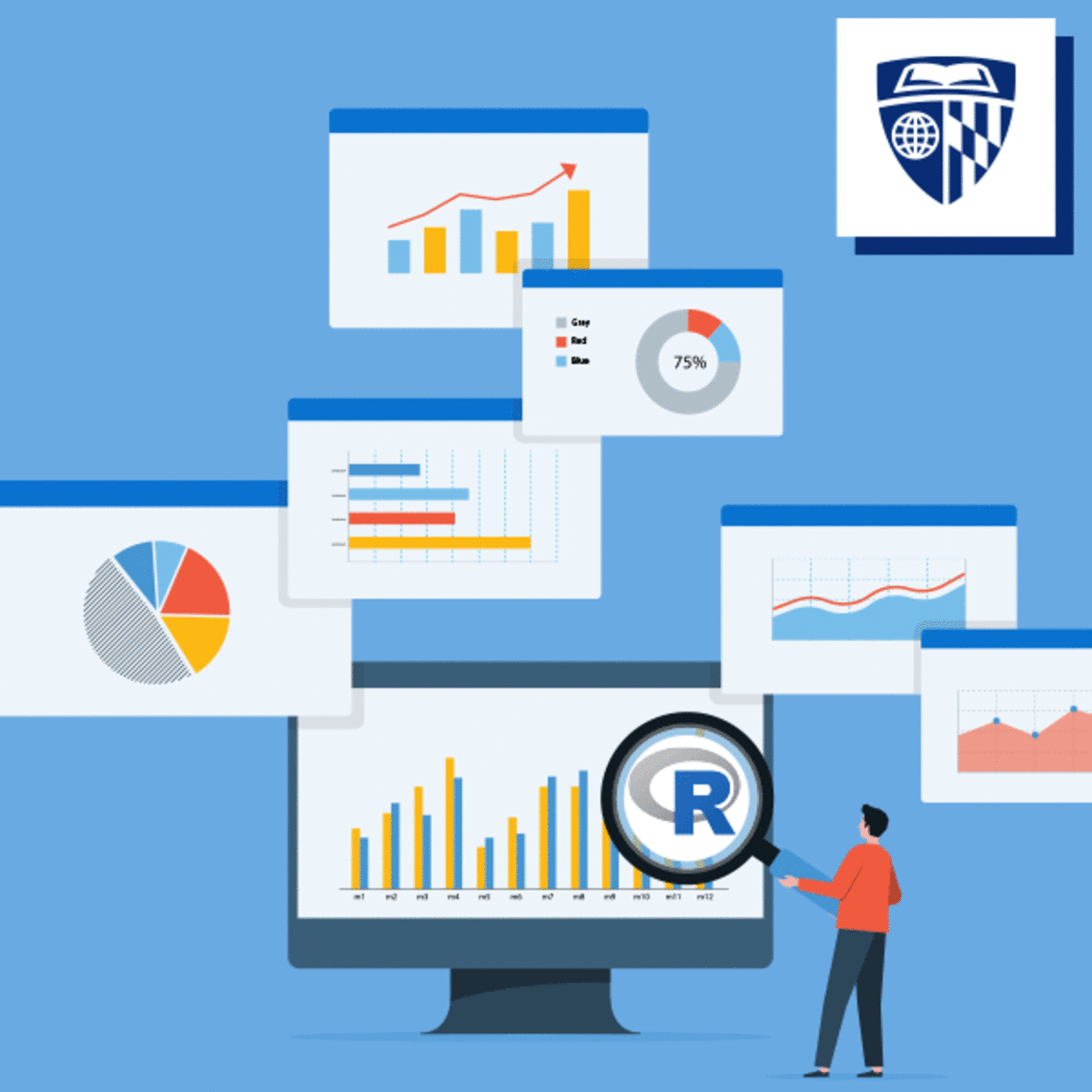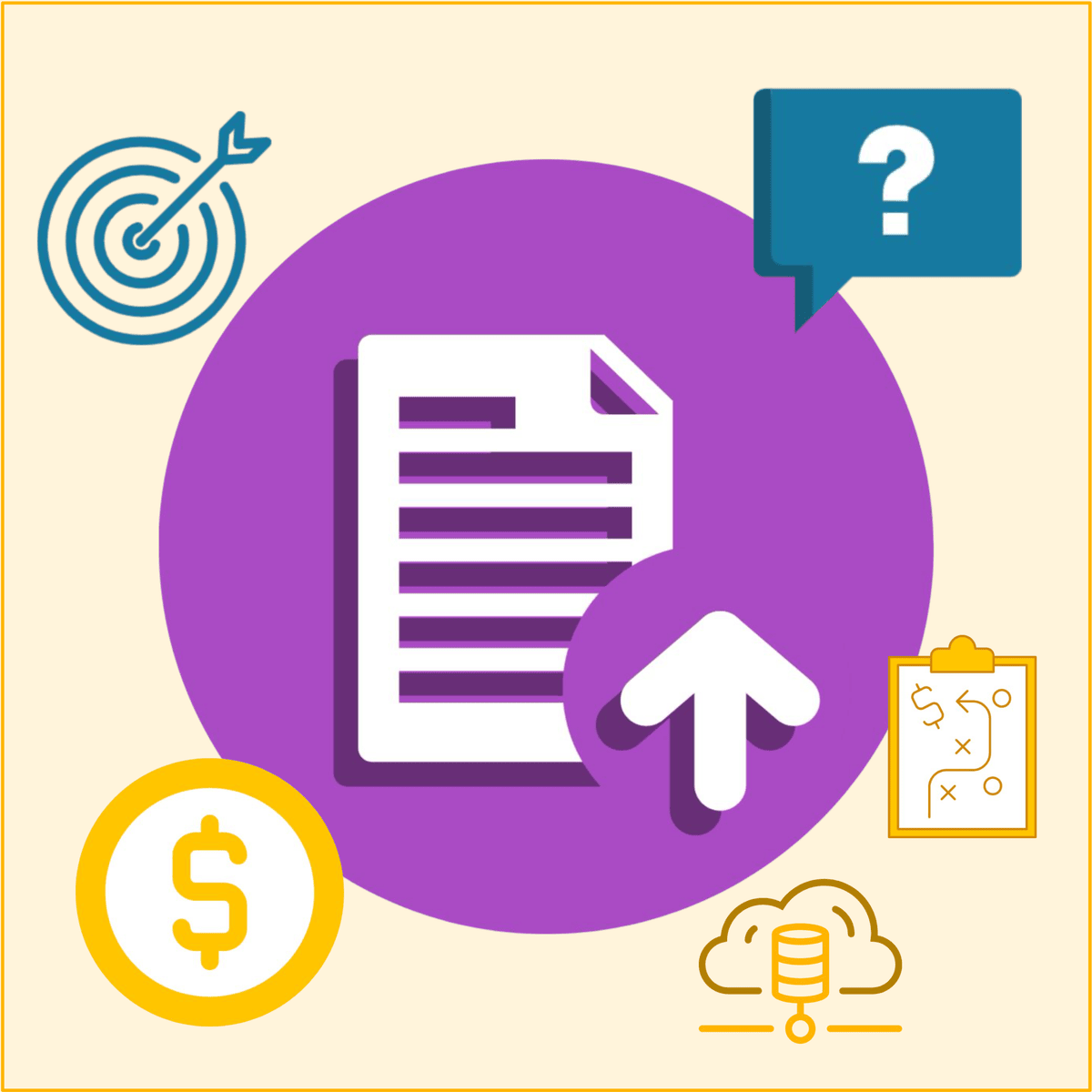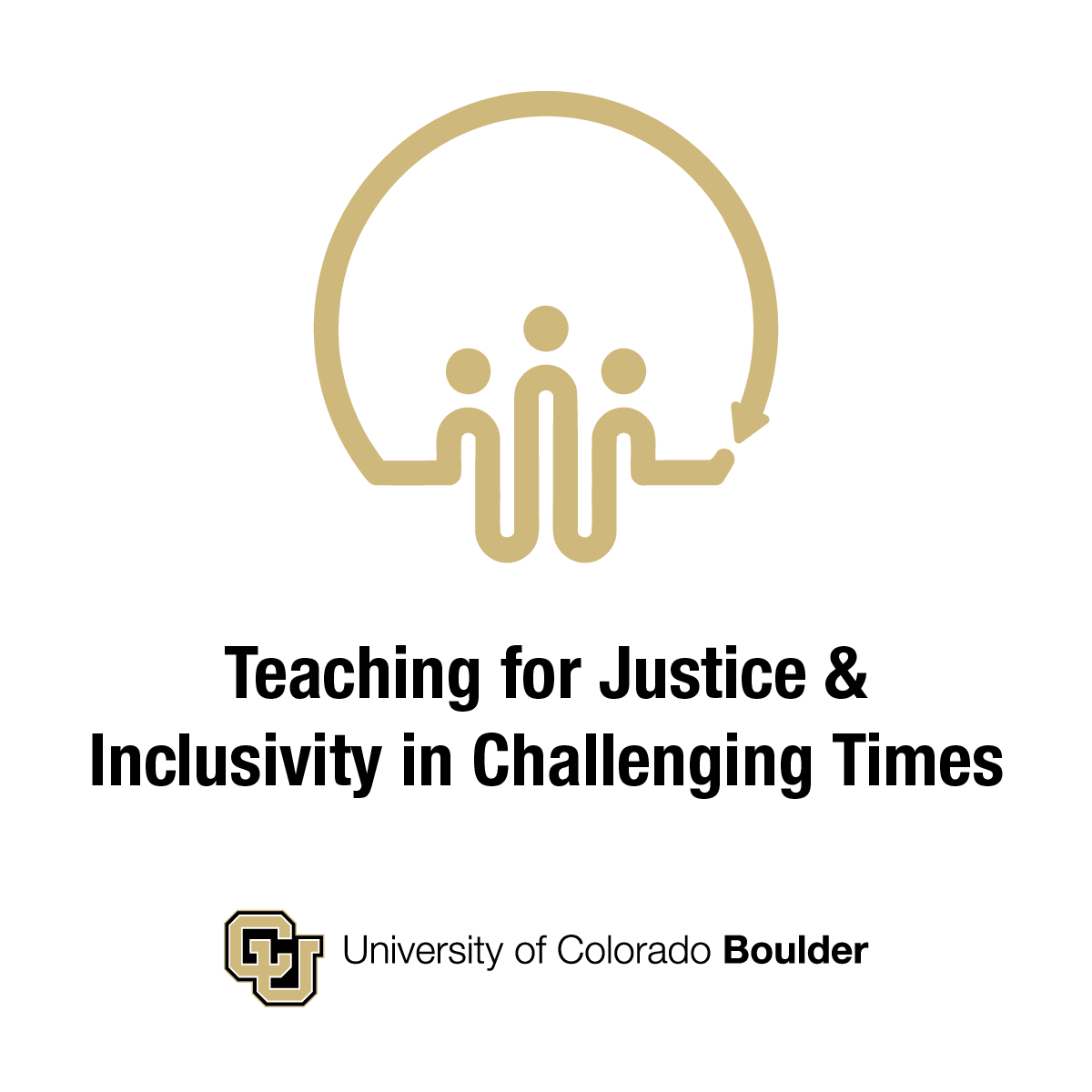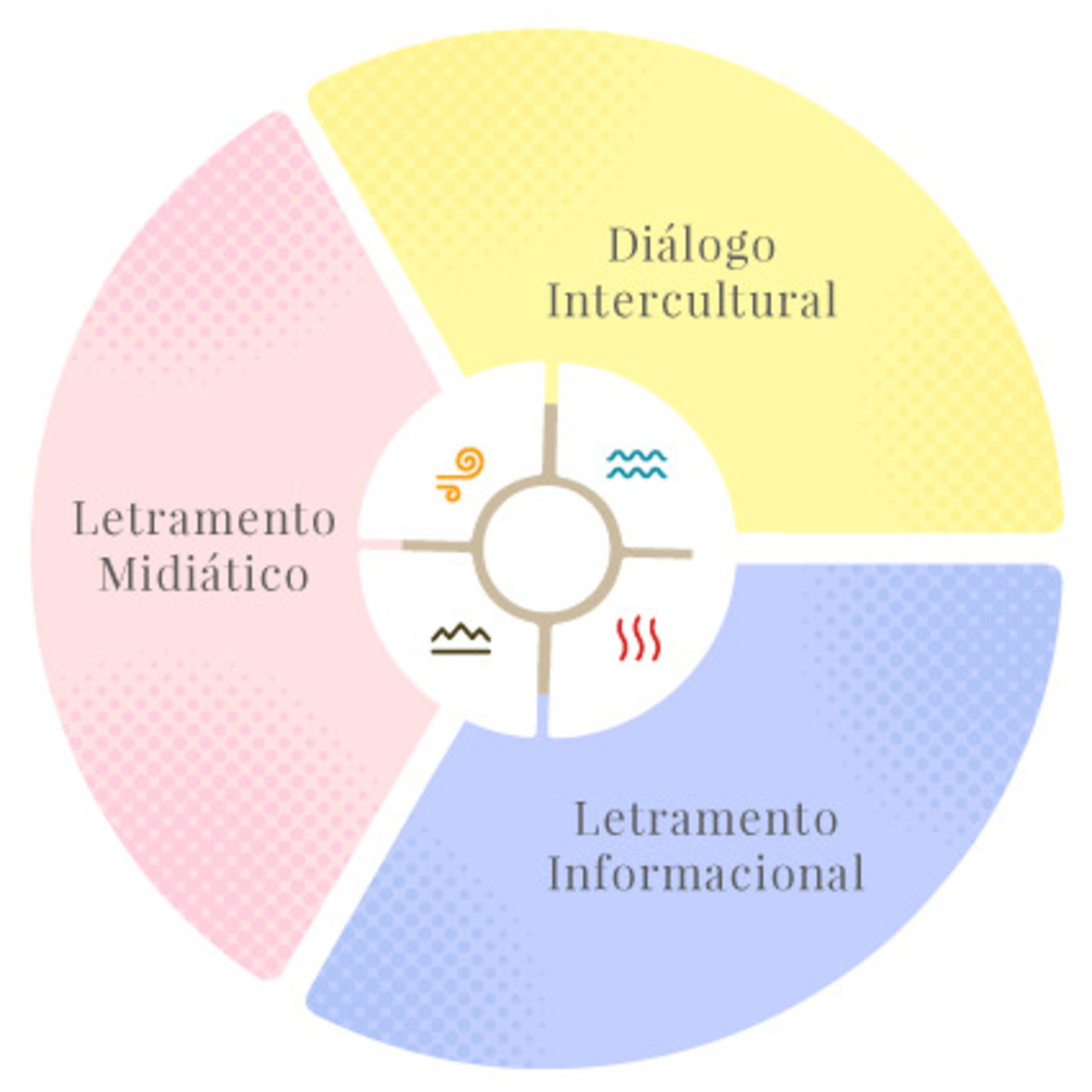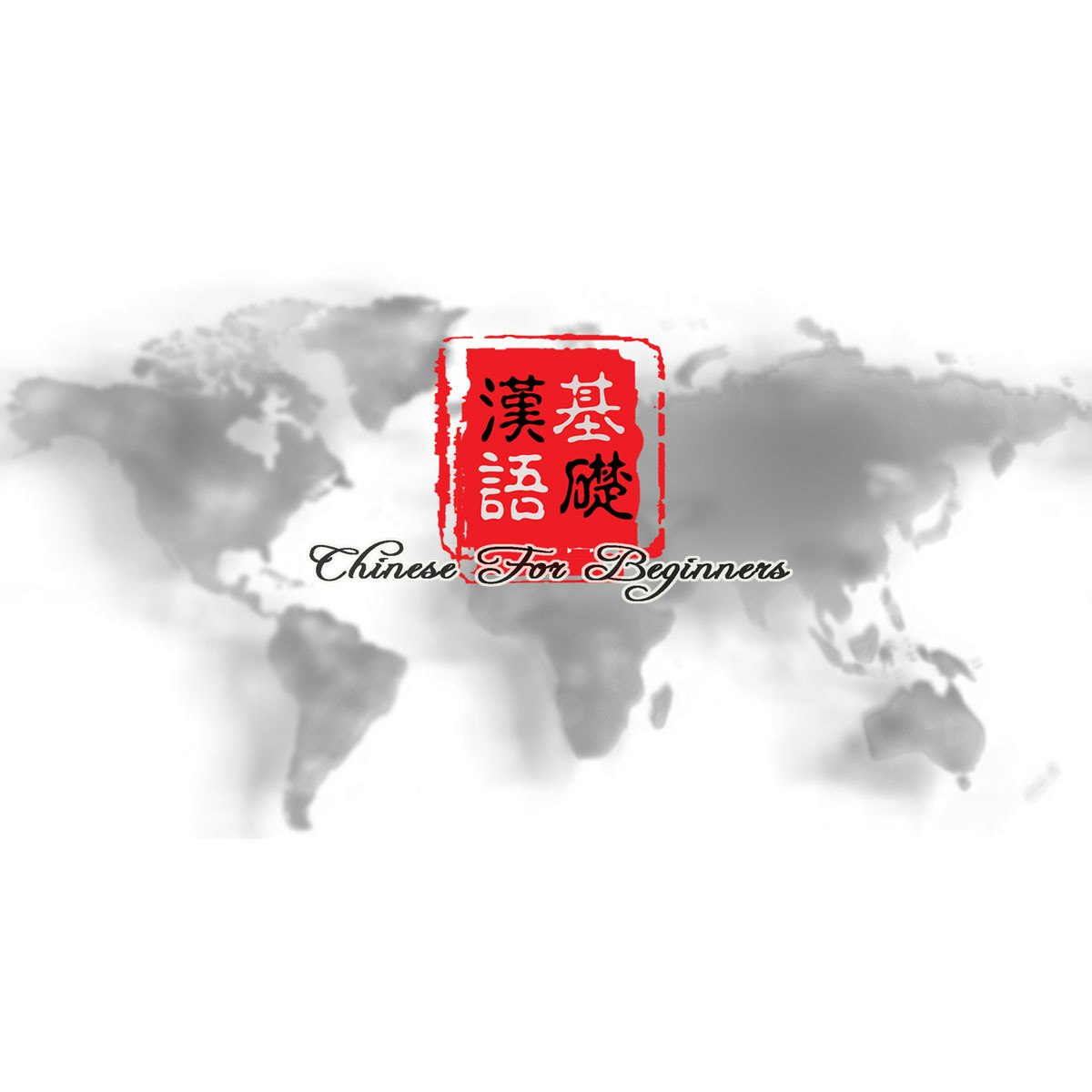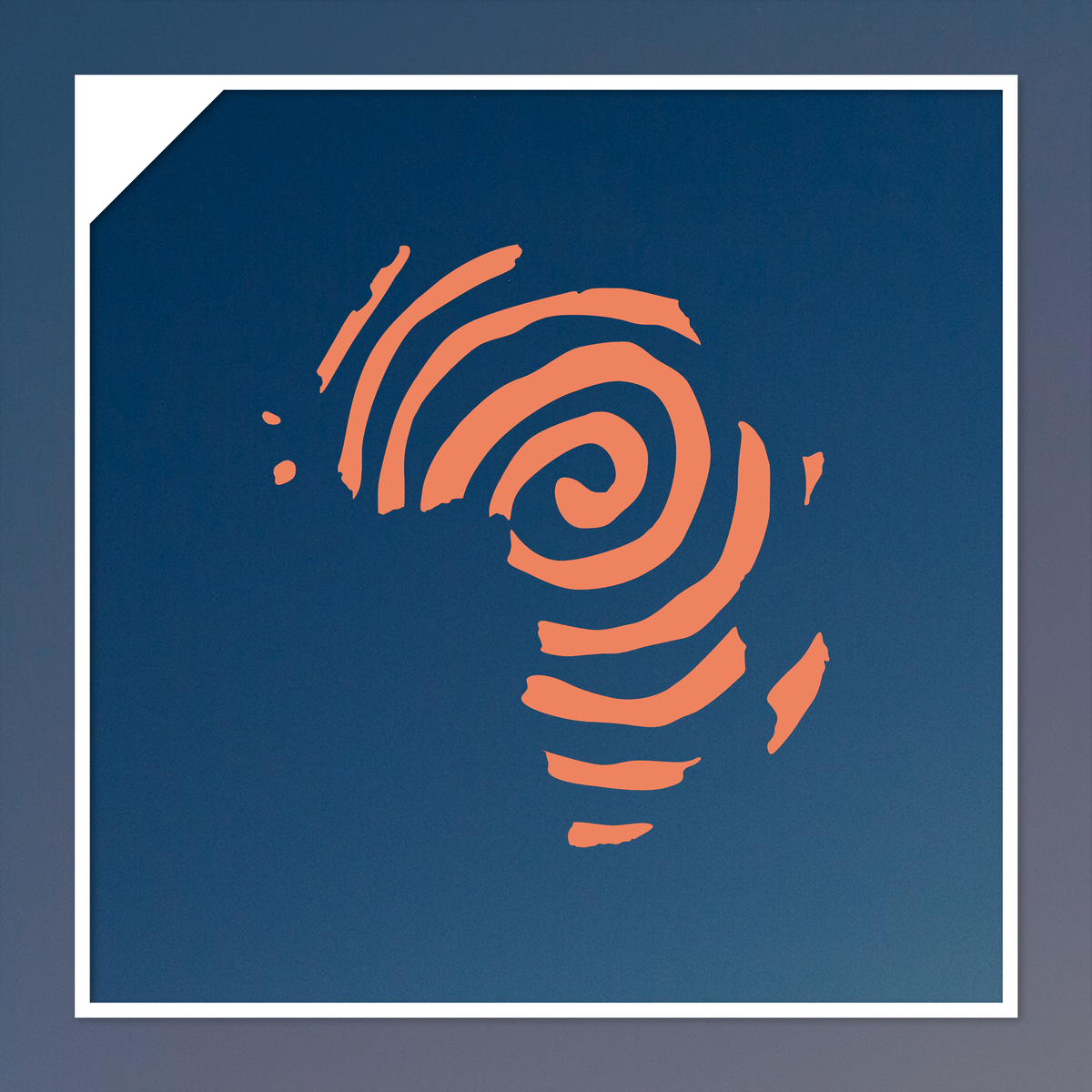Librarian
Librarian: Navigating Information in the Modern World
Librarianship is a dynamic profession dedicated to facilitating access to information, knowledge, and cultural resources. Far from the outdated stereotype of merely checking out books, librarians are essential navigators in an increasingly complex information landscape. They work in diverse settings, connecting people with the resources they need, fostering literacy, preserving knowledge, and building community connections.
Working as a librarian offers unique opportunities to engage with diverse subjects and communities. You might find excitement in uncovering obscure historical facts for a researcher, guiding a student through their first major research project, or developing innovative digital literacy programs for the public. The field constantly evolves, blending traditional practices with cutting-edge technology to meet changing information needs.
What Librarians Do: Core Functions
Librarians perform a wide array of tasks essential to managing information resources and serving their communities. These responsibilities often blend traditional skills with modern technological expertise, requiring adaptability and a commitment to service.
Developing and Organizing Collections
A fundamental role involves building and managing collections that meet the needs of the library's users. This includes selecting books, journals, databases, digital media, and other materials. Librarians carefully evaluate resources for relevance, authority, and quality.
Once acquired, these resources must be organized so users can find them. This involves cataloging, classifying, and creating metadata – descriptive information about each item. Think of metadata as the labels and descriptions that allow online searches or library catalog systems to locate specific information efficiently. Effective organization ensures that vast amounts of information remain accessible.
These courses explore the principles behind organizing and managing large datasets, a skill crucial for modern collection management.
Understanding how information is structured and accessed is key.
These texts provide foundational knowledge for organizing information and adhering to established standards.
Teaching Information Literacy
Librarians are educators who teach critical information literacy skills. This involves instructing users on how to effectively find, evaluate, and use information ethically and responsibly. In academic settings, this might mean teaching university students advanced research strategies or helping faculty integrate information literacy into their courses.
Public librarians might run workshops on identifying fake news, protecting online privacy, or using digital government resources. School librarians work closely with students to develop research skills essential for academic success and lifelong learning. They empower individuals to navigate the information environment confidently and critically.
These online courses offer robust training in finding, evaluating, and using information effectively in academic and digital environments.
Developing information literacy is a core competency for navigating today's world.
Engaging the Community
Libraries often serve as community hubs, and librarians play a key role in outreach and programming. This can involve organizing author talks, book clubs, technology workshops, job search assistance programs, cultural events, and children's story times. Librarians build partnerships with local organizations, schools, and businesses to extend the library's reach and impact.
Outreach efforts aim to connect with underserved populations and ensure that library services are accessible to everyone. This community-focused aspect requires strong interpersonal skills, creativity, and an understanding of local needs. It transforms the library from a passive repository into an active center for learning and engagement.
Skills developed in museum education or outreach can be highly relevant to library programming.
The skills involved often overlap with those in related cultural heritage fields.
Managing Digital Resources and Technology
Modern librarianship heavily involves managing digital resources and technologies. This includes administering library websites, managing subscriptions to electronic databases and e-journals, overseeing digital archives, and troubleshooting technology issues for patrons.
Librarians often provide instruction on using software, online tools, and library equipment. They stay current with emerging technologies, such as artificial intelligence or data visualization tools, to enhance library services and user experience. This requires a blend of technical proficiency and a forward-thinking approach to information access.
These courses cover techniques for managing and analyzing digital text data, relevant for libraries handling large digital collections.
Effectively managing digital documents is crucial in this domain.
Getting Qualified: Education Pathways
Entering the library profession typically requires specific educational qualifications, particularly for professional librarian roles. Understanding these pathways is crucial for anyone considering this career.
Undergraduate Foundations
While there isn't one specific required undergraduate major for aspiring librarians, a bachelor's degree is nearly always necessary to enter a master's program. Degrees in the humanities (like History, Literature, or English), social sciences, or even fields like Computer Science can provide a strong foundation.
More important than the specific major are the skills developed: critical thinking, research, communication, and a broad knowledge base. Some universities offer undergraduate minors or concentrations in library or information science, which can provide helpful introductory exposure.
Developing strong research and writing skills is paramount during undergraduate studies.
The Master's Degree: The Professional Standard
For most professional librarian positions in North America, a Master's degree in Library Science (MLS) or a related field like Master of Library and Information Science (MLIS) or Master of Information Science (MIS) is the standard credential. Crucially, employers often require this degree to be from a program accredited by the American Library Association (ALA).
ALA accreditation signifies that the program meets rigorous standards for curriculum, faculty, and resources. These programs typically cover core areas like cataloging, reference services, collection development, information technology, and library management. Pursuing an ALA-accredited master's degree is the most direct route to becoming a professional librarian in the US and Canada.
These programs build upon foundational research skills.
Specializations within Library Science
Many MLIS programs offer opportunities to specialize in specific areas of librarianship. Common specializations include Archival Studies, Youth Services (children's or teen librarianship), Academic Librarianship, Law Librarianship, Health Sciences Librarianship, Digital Librarianship, and Information Architecture.
Choosing a specialization allows students to tailor their coursework and internships to their career interests. This can make graduates more competitive for positions in specific types of libraries or roles that require specialized knowledge, such as managing rare book collections or developing digital preservation strategies.
These courses provide insight into specialized areas like historical manuscripts, museum studies, and data management, relevant to various library specializations.
Specializations often align with related career paths.
Doctoral Studies in Library and Information Science
For those interested in research, teaching at the university level, or pursuing high-level administrative roles, a Doctor of Philosophy (PhD) in Library and Information Science (LIS) may be appropriate. PhD programs focus on developing advanced research skills and contributing original scholarship to the field.
Doctoral candidates typically conduct in-depth research on topics such as information behavior, knowledge organization, digital curation, information policy, or the social impact of libraries and information technologies. A PhD is generally not required for most practitioner roles but opens doors to academic and research-oriented careers within LIS.
Leveraging Online Learning
Online courses offer flexible and accessible ways to build foundational knowledge, acquire specific skills, or supplement formal education in librarianship. Platforms like OpenCourser aggregate offerings from various providers, making it easier to find relevant learning opportunities.
Building Foundational Skills
For those exploring the field or preparing for an MLIS program, online courses can provide a solid grounding in essential concepts. Courses focusing on information literacy, academic research methods, digital citizenship, and even introductory database concepts can be highly beneficial.
These courses help build the core competencies needed before or during formal library science education. They allow learners to test the waters and confirm their interest in the field's core principles without committing to a full degree program initially.
These courses offer excellent starting points for developing essential information skills.
Understanding how information is retrieved and evaluated is fundamental.
Upskilling for Paraprofessional Roles
Individuals working in library support roles, such as library assistants or technicians, can use online courses to enhance their skills and potentially advance their careers. Courses might cover specific library software (like Integrated Library Systems or ILS), basic cataloging principles, customer service skills tailored for libraries, or digital archiving techniques.
These focused courses provide practical, job-relevant training that can be immediately applied. While they don't replace an MLIS for professional librarian roles, they offer valuable professional development and can make paraprofessionals more effective in their current positions.
Courses focusing on digital competencies and data management are valuable for support staff handling library systems and digital resources.
Supplementing Formal Degrees
Even after obtaining an MLIS, the learning doesn't stop. The field of librarianship is constantly evolving, particularly regarding technology. Online courses provide an excellent way for practicing librarians to engage in continuing education and stay current.
Librarians might take courses on emerging topics like artificial intelligence in information discovery, data visualization for library statistics, advanced metadata standards (like BIBFRAME), digital preservation techniques, or specific programming languages relevant to library systems (like Python).
Online learning allows professionals to acquire new technical skills or deepen their expertise in specialized areas conveniently. OpenCourser's Learner's Guide offers tips on integrating online learning into a professional development plan.
These courses delve into AI and data visualization, increasingly relevant areas for modern librarians.
Exploring new tools and techniques is part of lifelong learning in this field.
Gaining Practical Experience Virtually
Beyond coursework, demonstrating practical skills is vital. Some online learning experiences incorporate projects that allow learners to build a portfolio. This might involve creating a digital collection using specific software, designing an information literacy tutorial, developing a data management plan, or analyzing a dataset related to library usage.
These hands-on projects bridge the gap between theoretical knowledge and practical application. They provide tangible evidence of skills that can be showcased to potential employers, complementing formal qualifications or online course certificates.
Career Paths and Growth
Librarianship offers diverse career paths with opportunities for specialization and advancement. The journey often begins with foundational roles and progresses towards positions with greater responsibility and focus.
Starting Points: Assistants and Technicians
Many begin their library careers in paraprofessional roles like Library Assistant or Library Technician. These positions often require an associate's degree or some college coursework, though requirements vary. Assistants and technicians handle circulation tasks, shelve materials, provide basic directional assistance, process new materials, and support librarians in various functions.
Working in these roles provides invaluable hands-on experience and insight into library operations. It's an excellent way to explore the field before committing to an MLIS program or while pursuing the degree part-time. These roles build foundational customer service and organizational skills.
Mid-Career Roles and Specialization
With an MLIS degree and experience, librarians move into professional roles, often specializing. Examples include Reference Librarians (assisting users with research), Children's or Teen Librarians (developing programs and collections for youth), Cataloging Librarians (organizing and describing resources), Systems Librarians (managing library technology), or Subject Librarians (developing collections and providing specialized research support in academic fields like history or science).
Mid-career often involves taking on project management responsibilities, supervising staff, or developing deeper expertise in a specific area like digital archives or data services. Continuing education, often through online courses or workshops, is common to stay abreast of new trends and technologies.
Specializing may involve deeper engagement with specific types of information or user groups.
Developing expertise in cataloging is a common specialization.
Leadership and Management
Experienced librarians can advance into leadership positions. These might include Head of a Department (e.g., Head of Reference, Head of Technical Services), Branch Manager in a public library system, or ultimately, Library Director or Dean of Libraries.
Leadership roles involve strategic planning, budget management, staff supervision, policy development, fundraising, and advocacy for the library within its parent institution or community. Strong management, communication, and leadership skills are essential, often developed through experience and potentially further education or professional development programs.
These books offer insights into managing cultural institutions, relevant for library leaders.
Alternative Career Paths
The skills acquired in librarianship – research, organization, information management, instruction, technology proficiency – are highly transferable. Librarians may pivot to related fields or alternative roles that leverage this expertise.
Opportunities exist in knowledge management, competitive intelligence, data curation, information architecture, user experience (UX) research, records management, museum archiving, and information governance within corporations, non-profits, government agencies, or consulting firms. An MLIS can be a strong foundation for various information-focused careers beyond traditional library settings.
These related careers leverage similar skill sets in information organization and management.
The Evolving Role in the Digital Era
Technology profoundly shapes modern librarianship. Librarians are not being replaced by technology; rather, their roles are evolving to incorporate, manage, and leverage digital tools and address new information challenges.
Artificial Intelligence and Information Curation
Artificial Intelligence (AI) is impacting information discovery and curation. AI tools can assist with tasks like automated metadata generation, summarizing research articles, or powering recommendation engines for library resources. Librarians are increasingly involved in evaluating, selecting, and training users on AI-powered research tools.
The librarian's role shifts towards critically assessing AI outputs, ensuring ethical use, and helping users understand the capabilities and limitations of these technologies. They curate not just information, but also the tools used to access it.
Understanding AI concepts and tools is becoming increasingly valuable.
Championing Open Access and Open Resources
Librarians are key players in the Open Access (OA) movement, which advocates for making scholarly research freely available online. Academic librarians often manage institutional repositories (digital archives of their university's research output) and educate faculty and students about OA publishing options and author rights.
They also promote the use of Open Educational Resources (OER) – freely accessible course materials – to reduce textbook costs for students. This involves identifying, evaluating, and integrating OA and OER materials into library collections and services, furthering the library's mission of equitable information access.
Understanding data management principles is key to managing repositories.
Navigating Data Privacy Challenges
In an era of big data and increasing surveillance, protecting patron privacy is a critical concern. Librarians manage systems containing sensitive user data (borrowing histories, search queries) and must implement robust privacy policies and technologies.
They advocate for user privacy rights, educate patrons about online tracking and data security, and critically evaluate technologies deployed within the library (like security cameras or public computer monitoring) for their privacy implications. This requires staying informed about privacy laws and technological developments.
Understanding how information is shared and protected is vital.
Adapting to Evolving Metadata Standards
How information is described and organized is constantly evolving. Traditional cataloging standards like MARC (Machine-Readable Cataloging) are being supplemented or potentially replaced by newer frameworks like BIBFRAME, which leverage linked data principles for better integration with the web.
Librarians, particularly those in technical services or digital initiatives, must stay current with these evolving metadata standards. This involves continuous learning and adapting workflows to ensure library resources remain discoverable and interoperable in the digital environment.
Courses focusing on linked data and metadata provide essential knowledge in this area.
Ethical Foundations of Librarianship
Librarianship is guided by a strong code of ethics centered on principles like intellectual freedom, privacy, equity, and access to information. Navigating these ethical considerations is a core part of the profession.
Upholding Intellectual Freedom
A cornerstone of librarianship, particularly in the United States, is the commitment to intellectual freedom – the right of individuals to seek and receive information from all points of view without restriction. Librarians curate diverse collections representing multiple perspectives, even those considered controversial or unpopular.
They often face challenges to materials or requests for content removal (censorship). Librarians defend the right to read and access information, resisting attempts to limit access based on personal objections or political pressure. This requires courage, adherence to established policies, and strong communication skills.
Ethical practice involves critical reflection on professional responsibilities.
Protecting Patron Privacy
Libraries are trusted spaces, and protecting the confidentiality of what patrons read, borrow, or research online is a fundamental ethical obligation. Librarians actively work to safeguard user data from unauthorized access or disclosure, whether to law enforcement, commercial entities, or others.
This involves implementing privacy-protective policies for library systems, advocating against excessive surveillance, and educating users about their privacy rights. The rise of digital services makes this ethical commitment increasingly complex and important.
Addressing Systemic Bias
Librarians are increasingly aware of and actively working to address systemic biases embedded within traditional library practices and collections. This includes critically examining classification systems (like the Dewey Decimal System or Library of Congress Subject Headings) for outdated or biased terminology and structures.
It also involves actively seeking out and acquiring materials from underrepresented voices and perspectives to create more equitable and inclusive collections. This work requires ongoing critical reflection and a commitment to social justice.
Promoting Sustainability
Environmental sustainability is an emerging ethical consideration in librarianship. This involves implementing green practices in library buildings and operations, such as energy efficiency measures, waste reduction programs, and sustainable procurement policies.
It also extends to the digital realm, considering the environmental impact of digital preservation and data centers. Librarians may also play a role in educating their communities about environmental issues and sustainability through collections and programming.
Librarianship Around the World
While sharing core principles, librarianship varies significantly across different countries and cultural contexts. Understanding these global perspectives provides a richer view of the profession.
International Organizations and Initiatives
Organizations like UNESCO play a role in promoting libraries and information access globally. UNESCO's Memory of the World Programme, for example, aims to safeguard significant documentary heritage, often housed in libraries and archives worldwide.
International federations like IFLA (International Federation of Library Associations and Institutions) facilitate collaboration and standard-setting among libraries globally. These organizations highlight the shared values and diverse challenges faced by information professionals worldwide.
Global initiatives often focus on media literacy and intercultural dialogue, areas where libraries play a key role.
Salaries and Working Conditions
Compensation and working conditions for librarians vary considerably from country to country. Factors like national economic conditions, government funding for libraries, required educational qualifications, and the perceived value of the profession all influence salary structures.
While direct comparisons are difficult due to cost-of-living differences, it's important for those considering international opportunities to research the specific economic realities and professional landscape of their target country.
Language and Cultural Context
Language is a significant factor, especially in multilingual nations or regions. Librarians may need proficiency in multiple languages to serve diverse communities effectively. Collection development must consider the linguistic needs of the user population.
Cultural norms also shape library services and patron interactions. Understanding local cultural contexts is crucial for effective outreach, programming, and building trust within the community. Librarianship requires cultural sensitivity and adaptability, particularly in international settings.
Serving diverse communities often requires language skills or managing multilingual resources.
Cultural Preservation Role
Globally, libraries, especially national libraries and archives, play a critical role in preserving cultural heritage. This includes collecting and safeguarding national literature, historical documents, indigenous knowledge, manuscripts, maps, music, and audiovisual materials.
Librarians and archivists in these settings employ specialized preservation techniques and work to make these cultural treasures accessible for research and public appreciation, ensuring the continuity of cultural memory for future generations.
These courses touch upon the preservation and study of cultural heritage from various regions.
Preserving cultural heritage is a key function in many library and archival roles.
Frequently Asked Questions about Librarian Careers
Choosing a career path involves practical considerations. Here are answers to some common questions about becoming and working as a librarian.
What is the typical salary range?
Salaries for librarians vary based on factors like the type of library (public, academic, school, special), geographic location, level of experience, education, and specific responsibilities. According to the U.S. Bureau of Labor Statistics, the median annual wage for librarians and media collections specialists was \$64,370 in May 2023. Entry-level positions typically start lower, while director-level roles or positions requiring specialized expertise in high-demand areas (like data science or systems librarianship) may command higher salaries. Negotiation skills can be important, especially in non-unionized environments.
Are remote work opportunities available?
While many librarian roles require an on-site presence due to direct patron interaction, collection management, and facility oversight, remote work possibilities are increasing, especially in certain specializations. Roles focused on cataloging, metadata creation, digital archives management, online instruction, electronic resource management, and systems administration may offer partial or fully remote options.
The availability of remote work depends heavily on the specific library, its policies, and the nature of the position. Hybrid models, combining remote and on-site work, are becoming more common in some institutions.
What are the essential skills needed?
Success as a librarian requires a blend of technical and interpersonal skills. Technical skills include proficiency with library management systems (ILS), databases, digital tools, research methodologies, and principles of information organization (cataloging, metadata). Familiarity with current technologies, including AI and data analysis tools, is increasingly valuable.
Interpersonal skills are equally crucial: strong communication (written and verbal), instructional abilities, customer service orientation, problem-solving, critical thinking, collaboration, adaptability, and empathy. Librarians must effectively interact with diverse users and colleagues.
These courses help develop crucial digital and research competencies.
What is the job market outlook?
The overall job outlook for librarians is projected to show little or no change in the coming years, according to the U.S. Bureau of Labor Statistics. However, prospects vary significantly by library type and specialization. Demand may be stronger in areas related to digital services, data management, and specialized information fields.
Competition for positions can be keen, especially in desirable locations or prestigious institutions. Holding an ALA-accredited MLIS degree, gaining practical experience through internships or paraprofessional work, developing specialized skills (particularly in technology), and networking within the profession can significantly enhance job prospects.
How can someone transition from teaching or corporate roles?
Transitioning into librarianship is achievable, especially if you leverage relevant skills. Teachers possess strong instructional, communication, and often research skills applicable to reference and information literacy roles. Corporate professionals might bring expertise in research, information management, project management, or technology valuable in academic, special, or systems librarianship.
While prior experience is beneficial, obtaining an ALA-accredited MLIS is typically necessary for professional librarian positions. It's important to research MLIS programs and perhaps gain library experience (even volunteering) to understand the field. Be prepared to articulate how your previous skills translate to the library environment during your job search. Remember, the journey requires commitment, but your diverse background can be a significant asset.
Consider exploring courses related to Career Development to help plan your transition.
Are part-time opportunities common?
Yes, part-time positions are relatively common in the library field, particularly in public libraries and sometimes in academic libraries (especially for evening or weekend shifts). Part-time roles can range from entry-level assistant positions to professional librarian roles, though the latter might be less frequent.
Working part-time can be a viable option for those seeking work-life balance, pursuing education concurrently, or easing into the profession. However, benefits like health insurance may be less comprehensive or unavailable for part-time employees, depending on the employer.
Librarianship is a rewarding career for those passionate about information, learning, and community service. It demands adaptability, a commitment to ethical principles, and the ability to navigate both traditional resources and emerging technologies. While requiring specific qualifications like the MLIS degree, it offers diverse pathways and the opportunity to make a meaningful impact. If you are drawn to connecting people with knowledge and fostering informed communities, exploring a career as a librarian may be a fulfilling journey.


